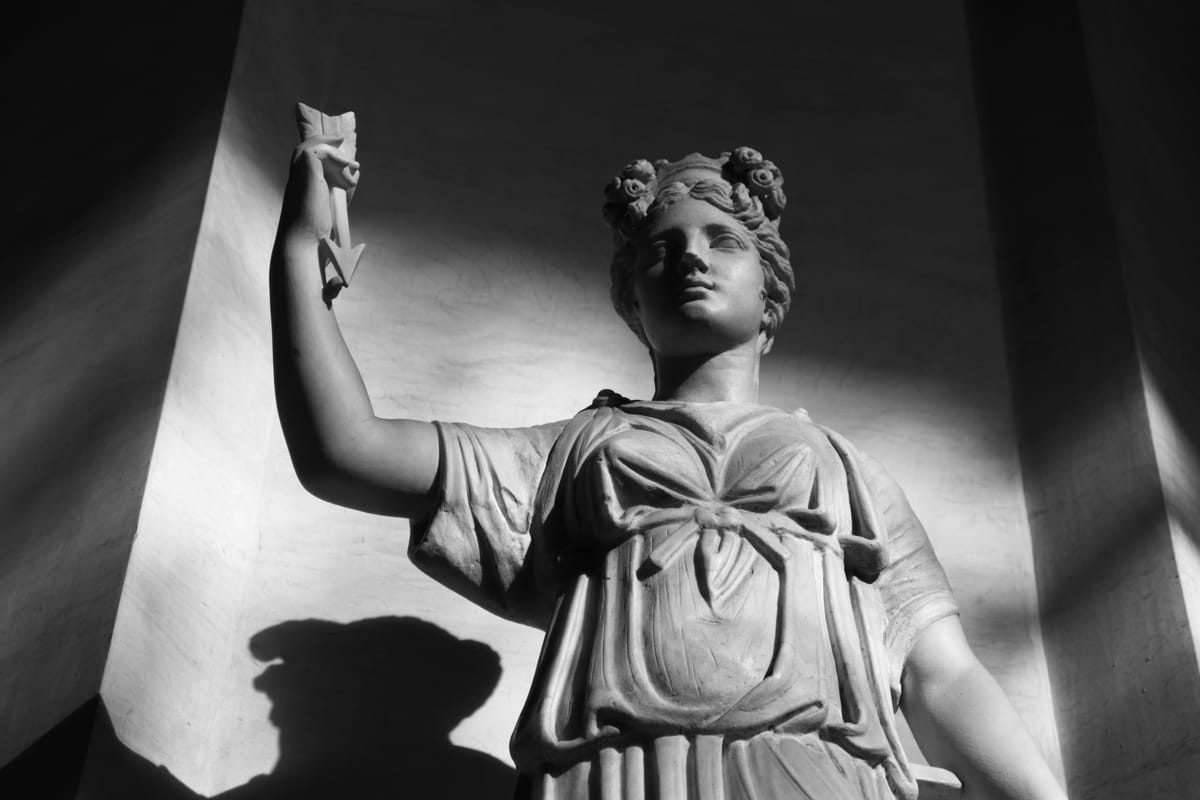Just remember: when you go to court, you are trusting your fate to twelve people that weren't smart enough to get out of jury duty!
It has long been a point of contention in the justice system: the reliability and credibility of the modern jury

It has long been a point of contention in the justice system: the reliability and credibility of the modern jury. Many have called for reform of the system, citing inconsistent and often nonsensical verdicts as evidence of its inherent flaws. This has prompted a new debate regarding the role of jurors in determining the consequences of criminal acts. At the heart of this debate is the question of whether an individual's fate is being placed in the hands of a group of citizens who are often remarkably unqualified to make such weighty decisions.
When faced with the reality of sitting on a jury, many individuals would do almost anything to avoid serving. Jury duty can be a significant commitment of time and energy, with the obligation to sit through lengthy trials and weigh the evidence presented in order to arrive at a verdict. The necessity of balancing this commitment with the responsibilities of work and personal life can indeed be burdensome.
Despite these difficulties, the importance of the citizens who serve on juries in the administration of justice cannot be overstated. These individuals, chosen from the local community, represent the democratic ideal at its core. In theory, their diverse backgrounds, experiences, and perspectives contribute to a nuanced and impartial assessment of the case at hand. However, this is often not the case.
In recent years, many jury verdicts have come under intense scrutiny, more commonly as a result of discrepancies in the facts and logic applied to the case. Yet, these errors are not necessarily the result of a lack of intelligence on the part of jurors. Instead, the problem lies in the inherent complexity of the human mind and the subjective nature of reality.
Opinions and emotions are powerful forces that can cloud even the most level-headed juror's judgment. When coupled with the inherent difficulty of interpreting often abstract and complex legal concepts, the outcome of a trial can ultimately be a source of contention and confusion.
That being said, it is also important to acknowledge that each juror comes to a trial with their own unique life experiences. This can inform their perspective on the matter at hand and ultimately influence their decision-making. For some, this experience can provide invaluable insight, while for others, it may result in preconceived notions and snap judgments.
Regardless of the issue at hand, the jury system remains an essential component of the democratic administration of justice. The determination of an individual's guilt or innocence rests on the ability of fellow citizens to assess the available evidence and come to a fair and impartial decision. Despite the arguments of detractors, it has proven to be a reliable mechanism for centuries.
However, reform of the jury duty process is an important discussion that should not be overlooked any longer. Perhaps new methods of jury selection or educational campaigns about the criminal justice system would help to improve the overall satisfaction in the justice system.
In the end, it is indisputable that the twelve people who make up a jury are indeed human beings, subject to flaws and imperfections. Nevertheless, when these individuals are entrusted with the responsibility of determining the fate of their fellow citizens, they come together to form a dazzling mosaic of perspectives and experiences that are anything but unqualified. Vigilance and open-mindedness remain the best methods to ensure these individuals serve justice and the law appropriately.


